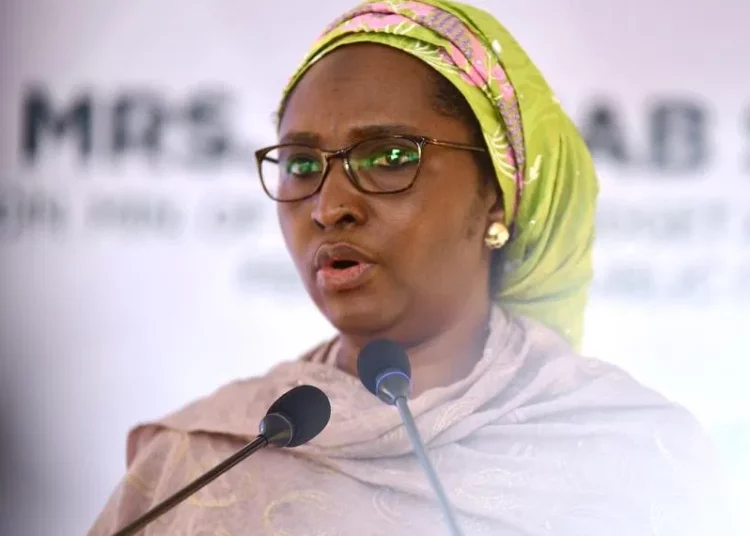The President Muhammadu Buhari- led government – like that of President Goodluck Jonathan before him – has of recent been trying to convince Nigerians on the likely benefits of removal of subsidy on our economy’s growth. According to them, the funds to be saved will be used to provide basic social and physical infrastructures. What the president and team however failed to realise is that subsidy, in spite of the inefficient manner the present and past government administered allocated funds still remain the only mechanism for redistributing income from the rich to the poor (even though the government thinks otherwise). From an economics point of view, subsidies irrespective of the commodity it is applied to, does not only redistribute wealth but also enhance economic efficiency in certain situations. In 1994, two prominent Harvard economists, Alberto Alesina and Dani Rodrik in a paper showed that income inequality can have adverse effect on economic growth. They argued that in more unequal societies like Nigeria, economic growth is low because the demand for fiscal redistribution financed by distortionary taxation is high. As such the resultant income inequality fuels social discontent and increases socio-political instability. This they went on to argue creates high level of uncertainty in the political economy environment, which in turn discourages investment and consequently reduces economic growth.
Similarly, in 2005, the duo of Szymanski and Valletti their paper opined that subsidy as a policy can redistribute income, reduce inequality and in the long run enhance economic efficiency. The question to ask those arguing for the total phase out of the petrol subsidy is to remind them that Nigeria as a country cannot be turned into a winner take-all society where being first comes with everything and being second, third, etc comes with nothing.
Anyone with basic understanding of Keynesian view of macroeconomic policy management knows that subsidy is recognized as an economic policy that has the propensity to boost expenditure or aggregate demand. This argument is however a necessary condition, the sufficient condition towards achieving the benefits is an efficient and sincere administration of the policy itself, something that Nigeria has no capability to implement. Thus, if we appreciate the fact that subsidies must be financed through taxation or government revenue, then the removal of subsidies might also imply the reduction of taxes. The reduction of taxes could stimulate the economy. In reality, taxes are not reduced when subsidies are removed nor is there necessarily a strong connection between subsidies and taxes. The Federal Government of Nigeria indeed, run budget deficits. Of course, if the continual use of subsidies widens the government’s budget deficit, then this is clearly a cost of subsidies which must be taken into account since bigger budget deficits imply higher interest rates which also dampen economic performance.
Within a political economy context, subsidy depends on the perception of economic agents. If economic agents do not trust government (as is the case today in Nigeria) and believe that their common wealth are used for the private gain of politicians, their families and friends or their private sector collaborators, then the argument for subsidy removal by the PMB led government is an invalid cause because this is the only mechanism by which poor Nigerians (as it is today) can make government redistribute our common wealth.
So, what really is my argument?
I just want to prove that there are no compelling theoretical explanations in economics which guarantee that subsidy removal will or can enhance Nigeria’s economic performance as several policy makers and policy analysts seems to believe. But it seems those in government had already made up its mind to go ahead with the policy irrespective of untold hardship its citizens will bear, one would have expected that social safety nets be put in place before the policy takes off in 2023.
Finally, and perhaps, more importantly, this is a call to all our political leaders to please put our economy in order, by getting rid of the canker of corruption, nepotism, poor governance, and incompetence. Nigerians are tired of being at the receiving end of government’s inefficiency.














